
Convergence: Credential Innovation in Higher EducationGeneral Sessions |
November 1 | 1:15 PM
 David K. Wilson, Ed.D.
David K. Wilson, Ed.D.David Kwabena Wilson, Ed.D., is the 10th inaugurated president of Morgan State University—Maryland’s Preeminent Public Urban Research University. For more than a decade, Dr. Wilson has not only been a transformative president at Morgan but has emerged as a leader among university presidents nationwide as well as an effective advocate for HBCUs and the role they play in developing leaders and serving the needs of their community, state, and nation.
Dr. Wilson has a long record of accomplishment in his more than 30 years in higher education administration. A newly elected member of the American Academy of Arts and Sciences (AAA&S) and the American Association of Colleges and Universities (AAC&U), he also serves on the Lumina Foundation Board of Directors, the Association of Governing Boards of Universities and Colleges (AGB) Board of Directors, and the NCAA Board of Governors and Division I Board of Directors. Dr. Wilson is the former chairman of the HBCU/China Network, and in 2010, he was appointed by President Barack Obama to serve on Board of Advisors on HBCUs.
Dr. Wilson has also served on the National Institute of Standards and Technology (NIST) Visiting Committee on Advanced Technology, the Board of the Association of Public and Land-grant Universities (APLU), the Board of the American Association of Colleges and Universities (AAC&U), and as a member of the National Science Foundation Committee on Equal Opportunities in Science and Engineering.
Among the many recognitions received throughout his professional career he has been awarded the Maryland Senate’s First Citizen Award and the Transcendent Order of the African Eagle Award. In addition, Dr. Wilson has been named as a Baltimore Business Journal Top 10 CEO, an AFRO Newspaper ‘Person of the Year,’ a Baltimore Sun Business and Civic Hall of Famer, and one of the Maryland Daily Record’s ‘Power 30’ in Higher Education. To his credit, Dr. Wilson was named in Forbes as a “Top Black Higher Ed CEO to Watch in 2023.” He has also authored two books and more than 20 articles in scholarly journals and other publications.
Prior to assuming his current position, Dr. Wilson served as chancellor of the University of Wisconsin Colleges and University of Wisconsin Extension; vice president for University Outreach and Associate provost for Auburn University; assistant and associate provost for Rutgers, The State University of New Jersey (Camden); and director for the Office of Minority Programs at the Woodrow Wilson National Fellowship Foundation in Princeton, New Jersey.
Dr. Wilson received his bachelor’s degree in political science and master’s in education from Tuskegee University, and master’s and doctorate in education from Harvard University. He was also bestowed with an honorary Doctor of Humane Letters degree from his alma mater Tuskegee University.
His educational philosophy is to put the students’ experience first. As a leader, he is a consensus builder and a strong believer in transparency of process. Dr. Wilson’s goal is to make Morgan a leader in producing the next wave of innovators in the U.S., further cementing its call to action of Growing the Future, Leading the World.
 Moderator: Paul Fain
Moderator: Paul FainPaul Fain is a journalist focused on the nexus between education and work. He writes The Job, a newsletter that explores those issues, and helped create a related weekly publication, Work Shift. From 2011 to 2020, Fain was a reporter and editor at Inside Higher Ed. He oversaw the news outlet’s coverage of low-income students, college completion, community colleges, federal policy and emerging models of higher education.
November 2 | 8:00 AM ET
A model will be presented that supports registrars incorporating badging and micro-credentials within higher education. The model builds on a UK Quality Assurance Agency national pilot project that showed how skills profiling can be used to link education to employment, and how badges and micro-credentials can be incorporated within higher education qualifications. The background to the model will be explained, demonstrating how it can support US continuing education practitioners to increase engagement, continuation and completion rates within higher education through a more flexible, motivating and personalized learning approach. The session considers holistic inclusive higher education policy and practice, discussing its focus on personalized learning, and how such approaches can be built into an inclusive, globally-applicable solution for micro-credential use within US higher education.
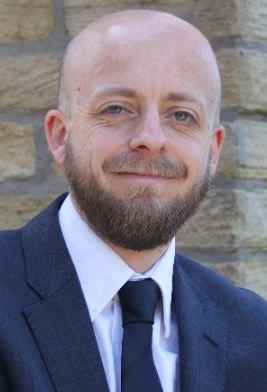
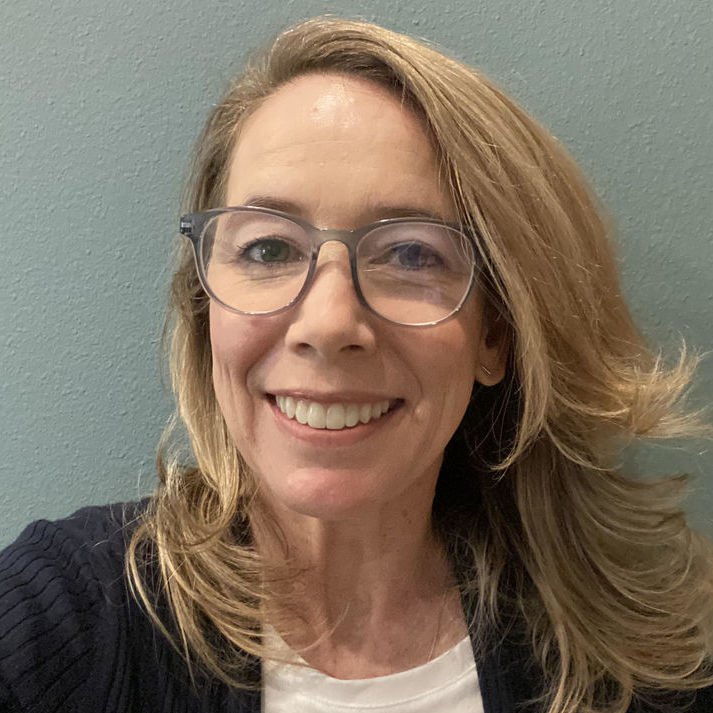 Sheryl Grant, New Trust Lab
Sheryl Grant, New Trust Lab 
November 2 | 11:30 AM
Amid shifts in employer needs and learner demographics, how can institutions of higher education leverage alternative credentials to meet changing workforce needs for today--and tomorrow? In this lively panel discussion, leaders will discuss their experiences in working with employers from a variety of industries, sharing tangible and tactical takeaways to help attendees cultivate meaningful engagement strategies for their own unique institutional and local workforce contexts. In addition to preserving ample time for audience questions, the panel will examine shifts from credentials-based to skills-based hiring, share innovative examples of alternative credential development, explore technical barriers, and how they leverage internal resources and “coalitions of the willing” to create roadmaps.
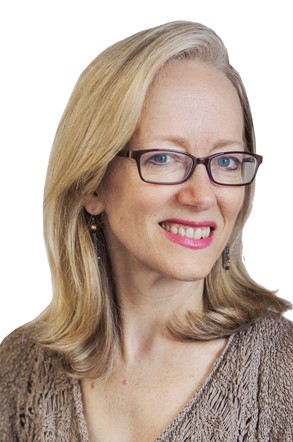 Kathleen deLaski, Education Design Lab
Kathleen deLaski, Education Design Lab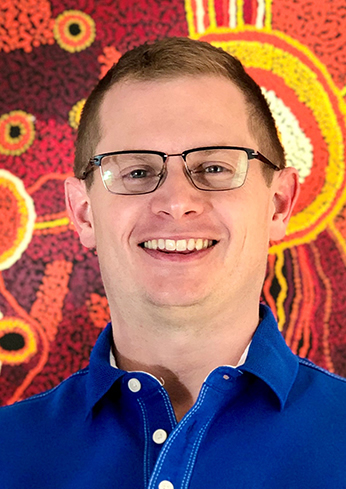
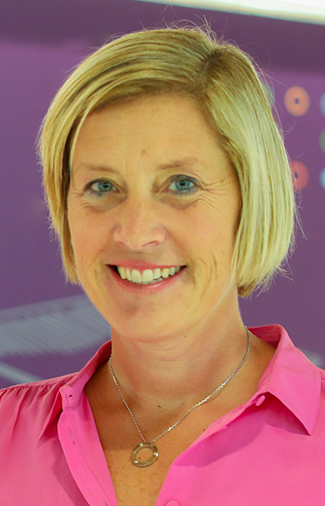
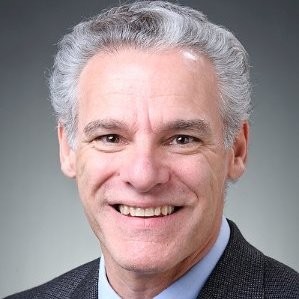 Moderator: Aaron Brower, UPCEA (formerly University of Wisconsin)
Moderator: Aaron Brower, UPCEA (formerly University of Wisconsin) November 3 | 7:30 AM ET
When we think about building coalitions and convening stakeholders on important campus efforts like non-degree credentials, comprehensive learner records, and learner pathways, we often consider including our registrars, IT professionals, academic leadership, student affairs professionals, edtech partners, and professional education practitioners. The views of our colleagues are influenced by the guidance of professional organizations and associations.
Join us for a session that sheds light on the perspectives of your campus colleagues. We’ll discuss the landscape and perspectives of leaders on your campus and offer some words of advice that might help you forge stronger relationships with your peers. We’ll share important concerns, the guidance your peers are receiving from their professional organizations, and provide some tactics to engage them in meaningful conversations. You’ll leave this session with a deeper understanding of your peers’ perspectives, which will help you build a coalition of the willing for non-degree credentials and comprehensive learner records on your campus.
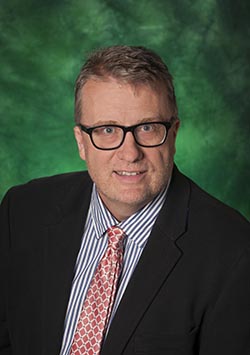 Mike Simmons, AACRAO
Mike Simmons, AACRAO
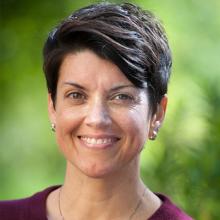
 Amber Garrison Duncan, C-BEN
Amber Garrison Duncan, C-BEN
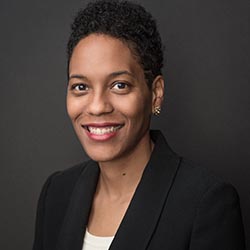 Amelia Parnell, NASPA
Amelia Parnell, NASPA
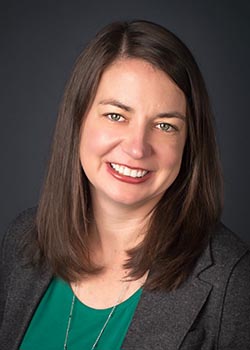
 Moderator: Julie Uranis, UPCEA
Moderator: Julie Uranis, UPCEANovember 3 | 11:00 AM
In this panel discussion, we will hear from the leaders of major student information system (SIS) vendors who serve the higher education community. The panelists will discuss the technical infrastructure required to support the latest trends in credential innovation, including digital badges, micro-credentials, and competency-based education. They will explore the challenges and opportunities in adapting existing systems and developing new solutions to meet the needs of students, institutions, and employers.
The panelists will also address questions such as: How can institutions integrate new credentialing systems into their existing SIS platforms? What are the best practices for ensuring data accuracy and security? What is the vision for SIS learner systems to interact with each other and with HR earner systems with regard to the transfer of credentials and other student data? And what role can SIS vendors play in supporting institutions and shaping the future of credentialing in higher education?
Attendees can expect to gain valuable insights into the technical infrastructure required to support credential innovation in higher education in the future, and to learn about the strategies that their SIS vendors are using to help institutions keep pace with the changing landscape.
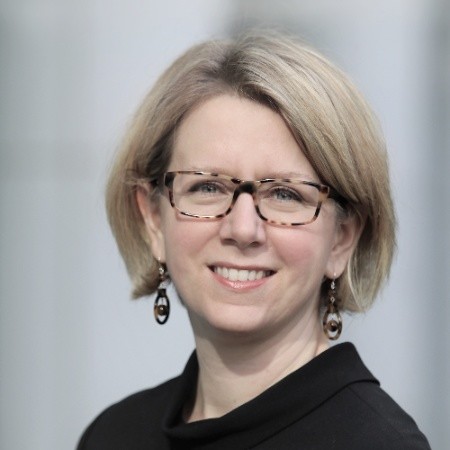 Nicole Englebert, Oracle
Nicole Englebert, Oracle
 Evan Claudeanos, Ellucian
Evan Claudeanos, Ellucian
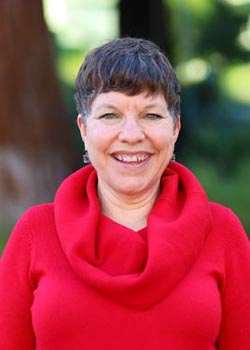 Joellen Shendy, Workday
Joellen Shendy, Workday
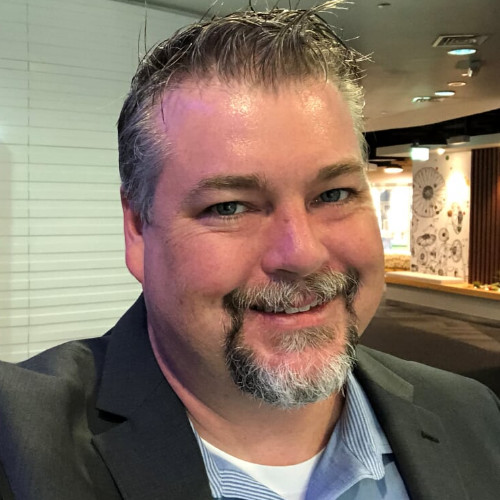 Raymond Blackwood, Anthology
Raymond Blackwood, Anthology
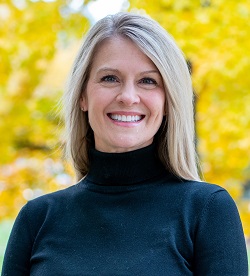 Moderator: Kristi Wold-McCormick, University of Colorado Boulder
Moderator: Kristi Wold-McCormick, University of Colorado Boulder